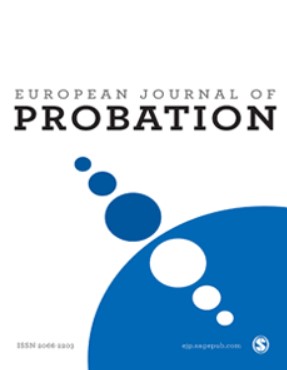The Failure of Recall to Prison: Early Release, Front-Door and Back-Door Sentencing and the Revolving Prison Door in Scotland
The Failure of Recall to Prison: Early Release, Front-Door and Back-Door Sentencing and the Revolving Prison Door in Scotland
Author(s): Beth Weaver, Cyrus Tata, Mary Munro, Monica BarrySubject(s): Criminal Law, Criminology, Penology, Post-War period (1950 - 1989), Transformation Period (1990 - 2010), Penal Policy
Published by: SAGE Publications Ltd
Keywords: Compliance; Custody; Desistance; Early release; Parole; Recall; Remission; Sentencing;
Summary/Abstract: This article seeks to explain the reasons for the sharp rise in prison recall rates in Scotland. It argues that recall practices need to be understood not as a technical corner of the justice system, but as part of a wider analysis of the politics of sentencing and release policy. While there are sound reasons for a policy of ‘early release’ (incentivizing good behavior and enabling the resettlement of prisoners), in practice early release has increasingly been used as a tool to try to limit the growth in the custodial population. Unable to control prison numbers through the ‘front door’ (judicial sentencing and bail/remand), successive governments have increasingly relied on early release as a surreptitious way of, in effect, re-sentencing prisoners. We argue that this political strategy is ultimately self-defeating, not least in feeding public cynicism about the penal system and community supervision in particular. This article reviews the changing legislative, policy and practice landscape of the regulation of non-compliance and recall practice, and draws on the desistance literature to illustrate how offender-supervisor relationships can be undermined by recall policies which threaten the legitimacy of both the supervisory relationship and the conditions of supervision orders.
Journal: European Journal of Probation
- Issue Year: 4/2012
- Issue No: 1
- Page Range: 85-98
- Page Count: 14
- Language: English
- Content File-PDF

